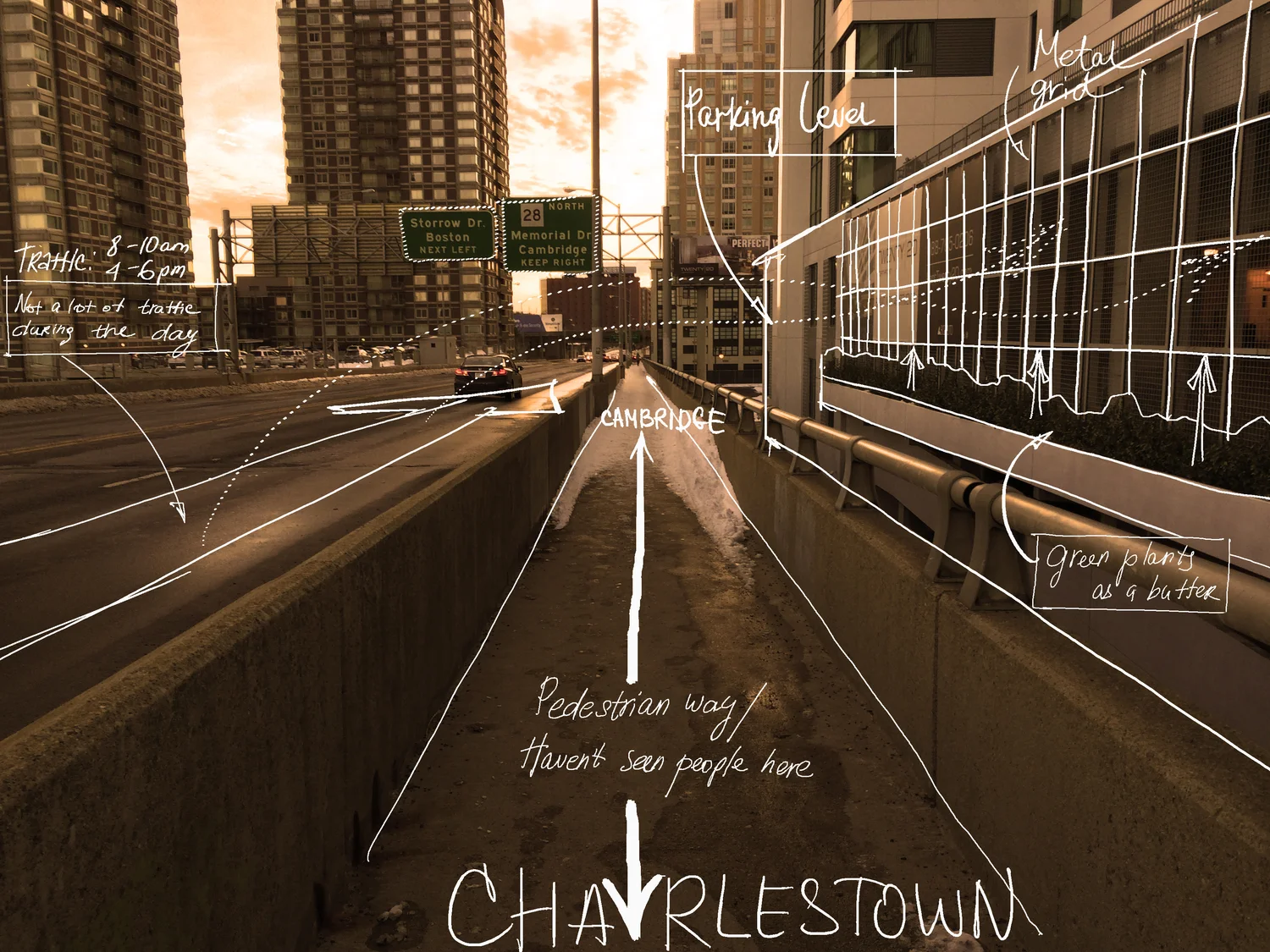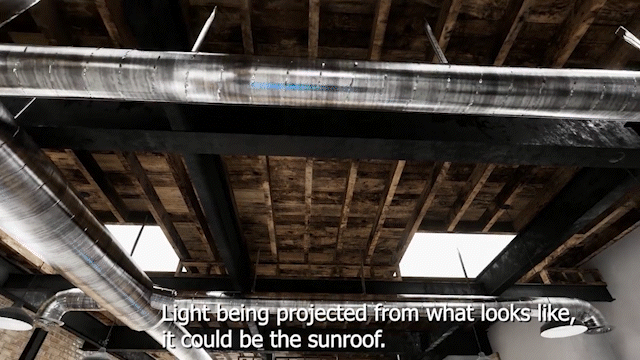Machine Vision for Urban Morphology
In collaboration with Nil Tuzcu
A different version of this paper has been presented at the International Seminar on Urban Form (ISUF), Rome in 2015
Proliferation of data centric methods in mapping practices brings about the question of whether they can integrate the urban morphology and its implications on spatial data analysis. While quantitative data are processed within geographic information systems (GIS) framework through an extensive set of spatial data extraction and processing tools, qualitative assessment of city form is mostly a manual task that requires careful examination of formal and material features. In this research, we introduce a novel computational method for the analysis of the morphological features of cities ranging from macro scale street networks to building stock patterns. We use image processing and pattern matching techniques that are often used in computer vision algorithms for the assessment of morphological features that of street networks, parcel and building stock. Through a comparative analysis of four neighborhoods in Istanbul, we show that there is a strong parallelism between socio- economic development and urban form of Istanbul.




